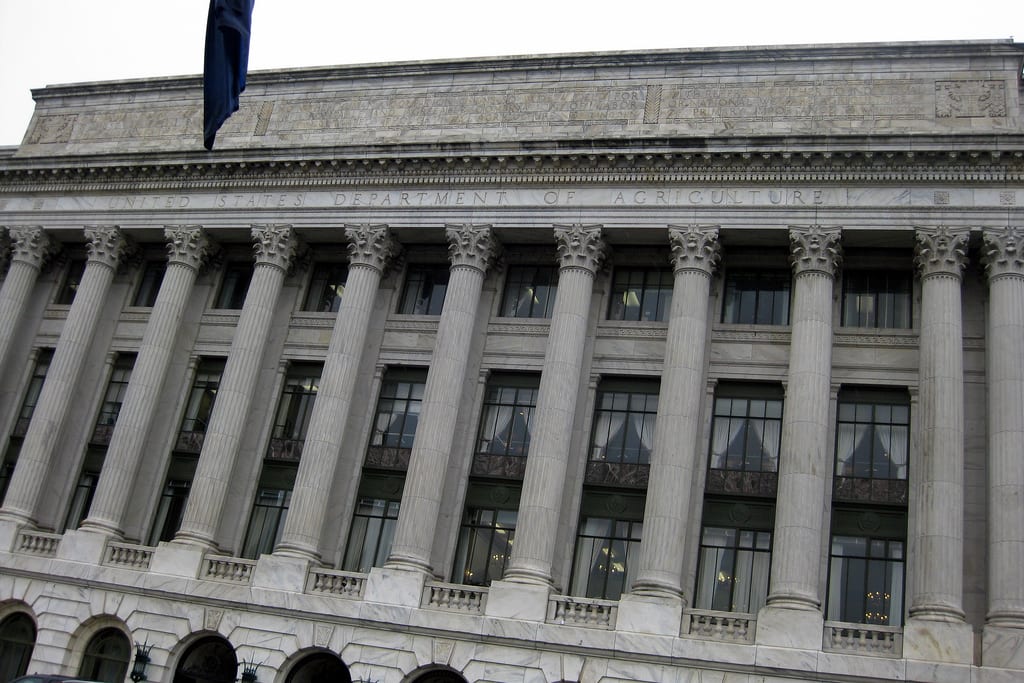Degradable Polymers: Plastics our Future Can Depend On
Consumer plastics is an immense industry, with over 200 million tons produced annually. Of these plastics, 22-43% end up in a landfill, where they sit, inert, slowly breaking down into small particles that enter the environment and interfere in the life cycles of many animals, especially aquatic creatures like fish and zooplankton. This negatively impacts




